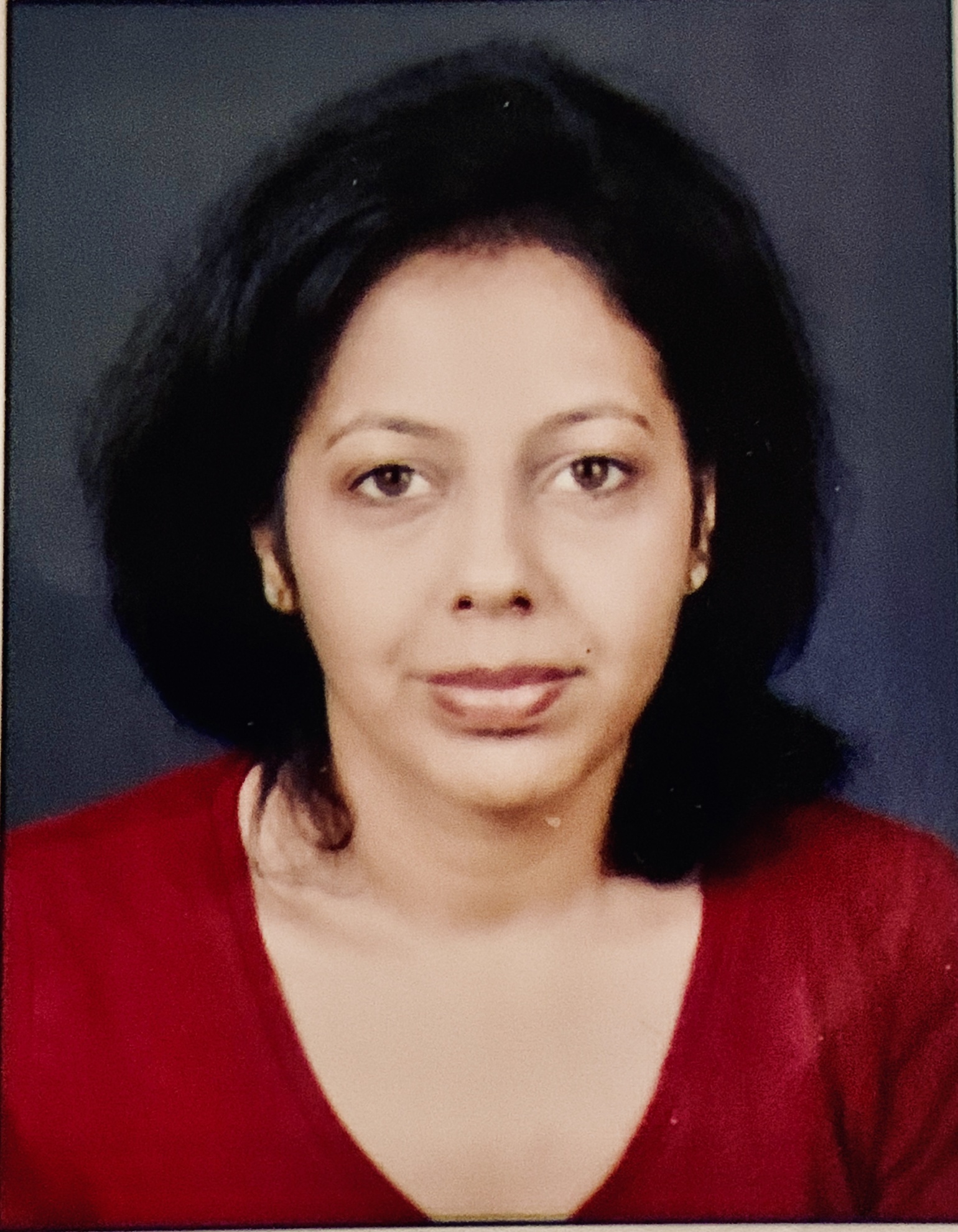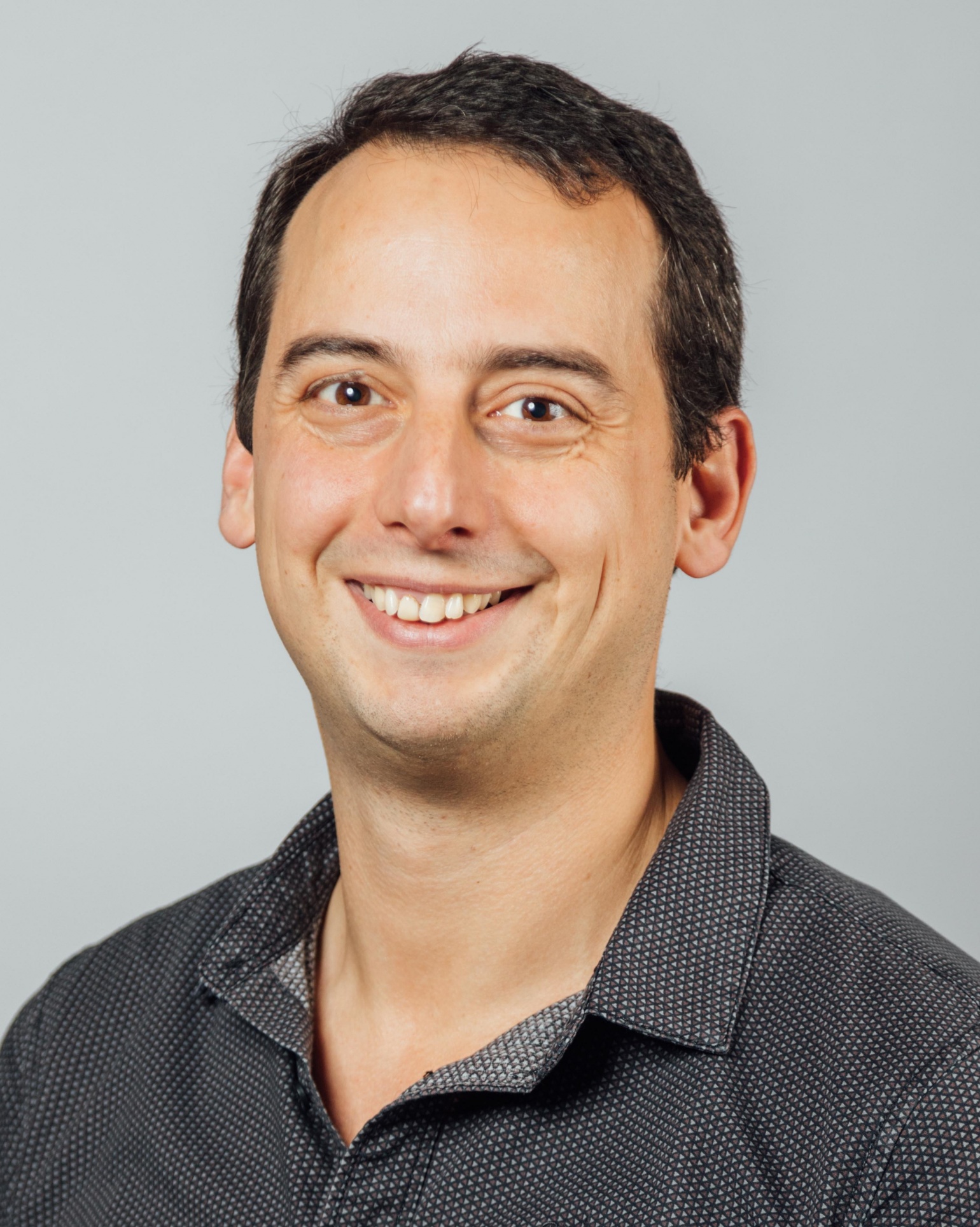Prof. Jyoti Choudhary
Professor Jyoti Choudhary leads the Functional Proteomics Unit at The Institute of Cancer Research, London.
She received her PhD in biological mass spectrometry under the guidance of Professor Howard Morris (FRS) at Imperial College London. In subsequent positions in pharma and biotech sectors, her research focused on developingand applying mass spectrometry based methods to address biological and structural problems. She was a founding member of Cellzome UK, a globally recognised proteomics company. She joined the Wellcome Trust Sanger Institute, to pursue her research in interaction proteomics and proteogenomics. Her group implemented methods to systematically study native protein complexes in a range of cell types and tissues. They also developed open access computational tools and data analysis pipelines to integrate proteomics data with genomics.
At the Institute of Cancer Research, Dr Jyoti Choudhary's research focuses on applying quantitative proteomics approaches to investigate the impact of mutations and genetic variation on the protein attributes, and to understand how the organisation and signalling of cellular networks are rewired during cancer progression and resistance.
Prof. Lennart Martens
Lennart Martens is Full Professor of Systems Biology at Ghent University, and Associate Director at the VIB-UGent Center for Medical Biotechnology.
He started his career in science by computationally analysing mass spectrometry data to elucidate sequence-specific fragmentation behaviour of peptides for his Master thesis. Since those early days, he has developed a variety of well-known proteomics informatics tools as well as the PRIDE database for public proteomics data dissemination at EMBL-EBI.
More recently, his CompOmics group at Ghent University and VIB has pioneered the use of machine learning-based predictive models for peptide identification, which have now been united in a completely novel open modification search engine called ionbot. Most recently, they used ionbot to analyse the human modified proteome at unprecedented scale and depth.

